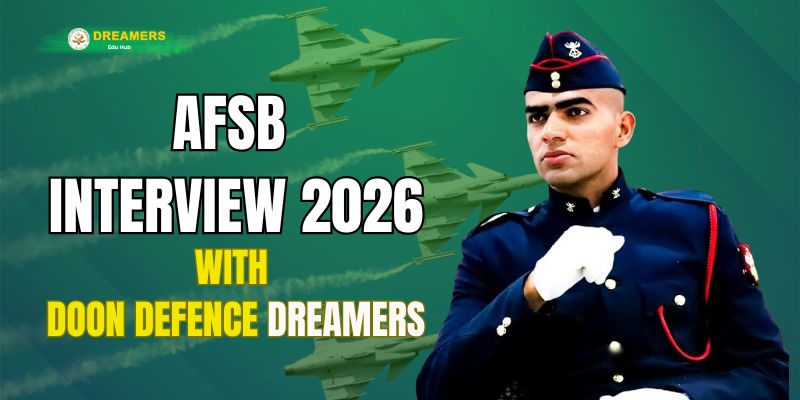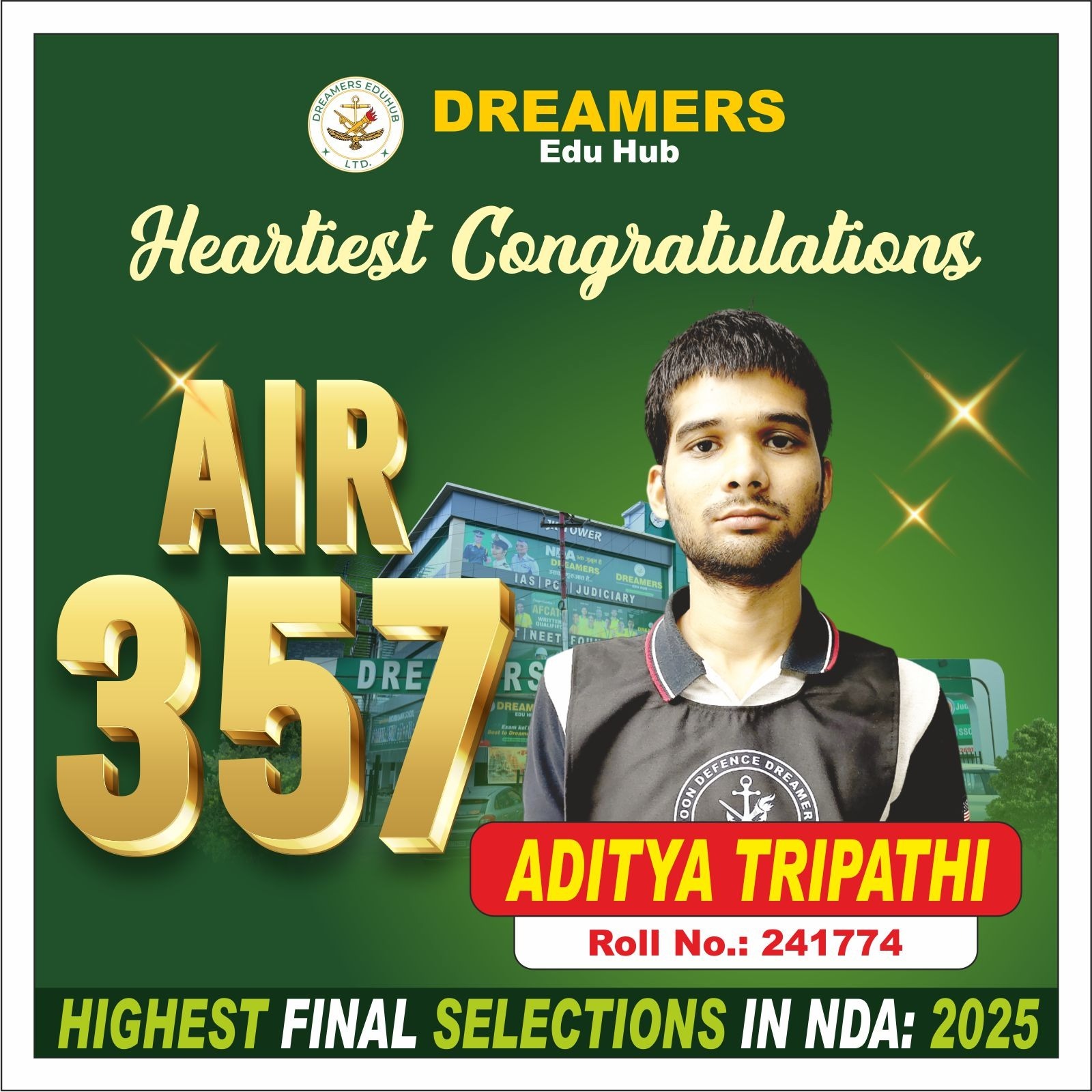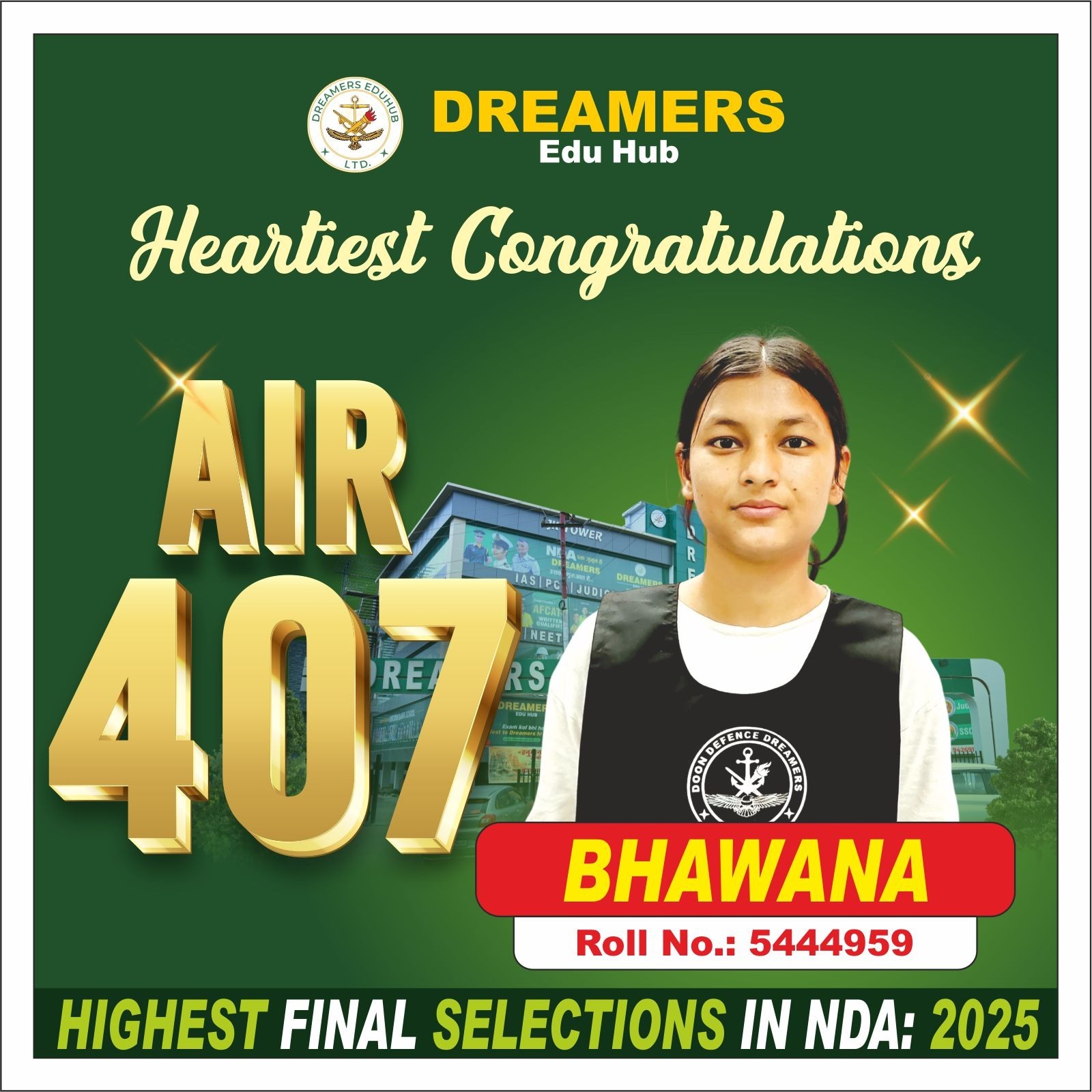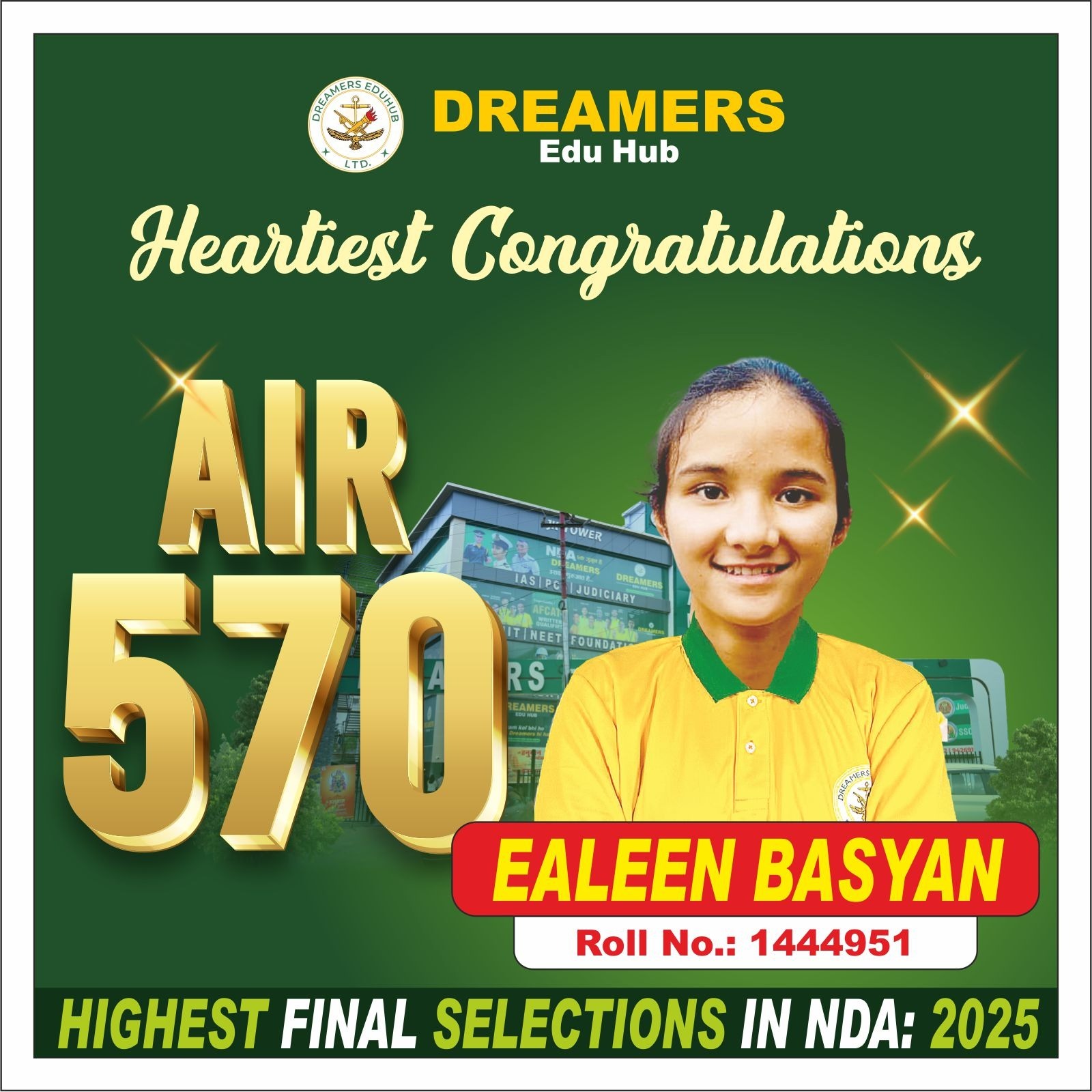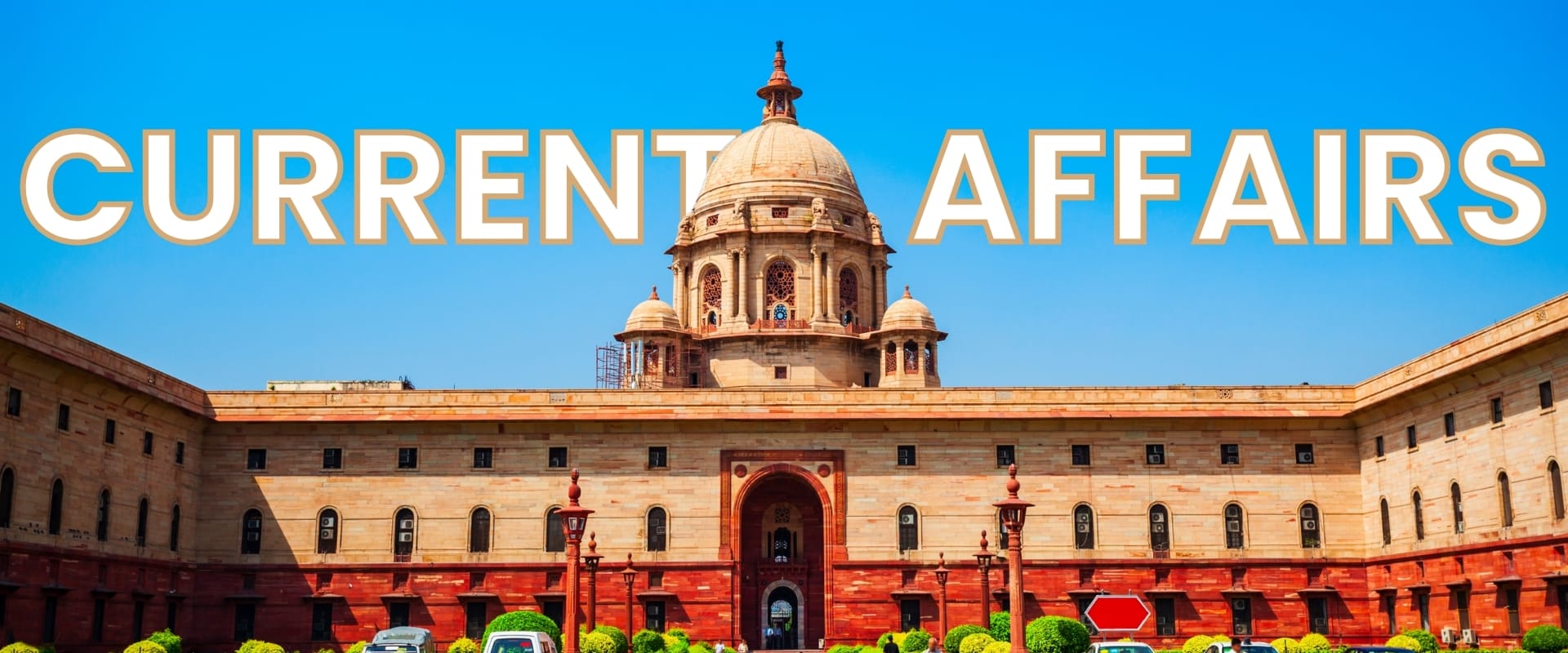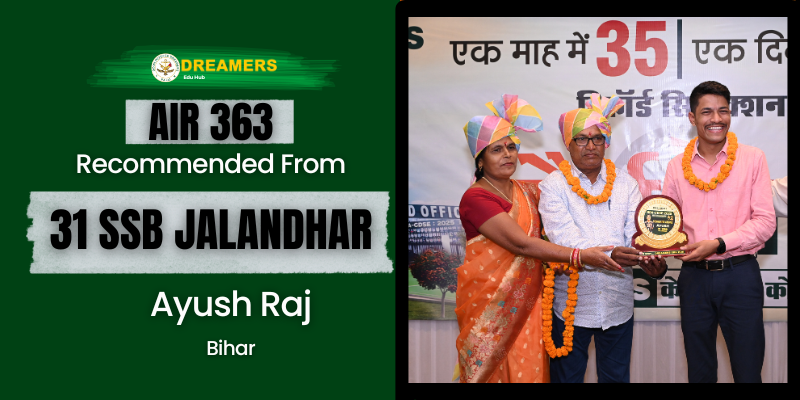AFCAT 1 2026 exam dates are set for 31st January 2026. The Indian Air Force has announced vacancies for aspiring officers. The official notification and registration windows for AFCAT 01/2026 are already live. Below is a precise, verified timeline and detailed guidance so you won’t miss any AFSB scheduling windows or call-letter downloads.
AFCAT 1 2026 — Verified Schedule & Selection Timeline
| Event | Confirmed Date / Window |
|---|---|
| Notification (Short / Detailed) | November 2025 |
| Application Window (Online) | 17 November 2025 (1100 hrs) to 14 December 2025 (2330 hrs) |
| AFCAT 1 2026 Exam Date (AFCAT) | 31 January 2026 (Saturday) |
| Result Declaration (AFCAT 1 2026) | Result announced typically 3–5 weeks after exam — check official portal for exact date |
| AFSB Interview 2026 (self-scheduling window) | AFSB dates are scheduled after the official AFCAT result — call letters will be released on the portal; candidates can select AFSB slots within the window shown on their login |
| Course Commencement (for selected candidates) | Courses for successful candidates commence as per notification (intake associated with AFCAT-01/2026) |
From Notification to Final Merit List
The Indian Air Force issued AFCAT 01/2026 notification and opened online registration between 17 Nov — 14 Dec 2025. The written exam for this cycle is scheduled for 31 January 2026, and candidates who clear the written test will be invited to the AFSB phase. Final merit, medicals, and course joining will follow as per notification.
The selection process looks at your abilities through different tests: written exams, interviews, medical fitness checks, and your ranking on the All India merit list. Each phase helps identify the best candidates for the Indian Air Force.
Why the AFSB Interview 2026 Matters?
The AFSB Interview 2026 is the crucial, decision-making second phase after the written paper. The written exam filters candidates; the AFSB assesses officer potential through a structured 5-day evaluation. Expect the official AFSB self-scheduling window and call-letter release to appear on the AFCAT portal after the written result is published. Do not rely on third-party portals for call letters — use your candidate login on the official AFCAT portal.
Mode of Selection for AFCAT 1 2026
The selection process of AFCAT is a combination of written tests, interviews, and medical fitness. Here’s a clear breakdown:
| Stage | Description |
|---|---|
| Written Exam (AFCAT) | Objective test of 2 hours, covering General Awareness, Verbal Ability, Numerical Ability, Reasoning, and Military Aptitude. |
| EKT (Engineering Knowledge Test) | Only for Technical branch aspirants, 45 minutes, engineering subjects. |
| AFSB Interview 2026 | 5–6 days of testing at Air Force Selection Boards, covering Psychological Tests, Group Tasks, and Personal Interview. |
| Medical Examination | Comprehensive fitness check at authorized military hospitals. |
| Final Merit List | Based on combined performance in Written Exam + AFSB + Medical fitness, subject to vacancies. |
The 5 Days AFSB Breakdown
The AFSB interview is a vital second phase of selection after candidates clear their AFCAT written exam. Knowing the AFCAT 1 AFSB Interview 2026 and understanding each day’s events will help you prepare both mentally and physically for this thorough assessment.
Day 1: Reporting and screening tests
Your experience starts at one of four AFSB centers in Dehradun, Varanasi, Gandhinagar, or Mysuru. The staff verifies your documents and assigns you a temporary chest number. Screening tests begin right away with the Officer Intelligence Rating (OIR) Test and Picture Perception & Discussion Test (PPDT). The OIR checks your quantitative ability and logical reasoning through verbal and non-verbal questions. The PPDT challenges you to view an image for 30 seconds, write a story about it, and work with a group to reach a shared conclusion. Results come out the same day. Successful candidates move to Stage 2, while others head home.
Day 2: Psychology assessments
Day two puts your psychological makeup under the microscope. These tests gage your mental stability, perception, personality traits, and unconscious strengths. The process typically kicks off after lunch on Stage 2’s first day. You’ll encounter four key assessments: Thematic Apperception Test (TAT), Word Association Test (WAT), Situation Reaction Test (SRT), and Self-Description Test. These tests don’t have right or wrong answers but show how you handle situations under pressure.
Day 3: Group tasks and planning exercises
A Group Testing Officer (GTO) oversees various group activities on this day. You’ll take part in Group Discussions about socio-political issues, solve problems with maps and models in Group Planning Exercise (GPE), and tackle Progressive Group Task (PGT), Half Group Task (HGT), and possibly Group Obstacle Race (GOR). These exercises reveal your teamwork, leadership qualities, and problem-solving skills.
Day 4: Personal interview and command tasks
The fourth day blends remaining group tests with your personal interview. The schedule includes Lecturette (impromptu speaking), Individual Obstacles, Command Task (leading a team), and Final Group Task. An Interviewing Officer conducts a one-on-one session to assess your personality, experiences, and general awareness. This interview might happen any time between Day 2 and Day 4.
Day 5: Final conference and result
The last day brings the conference where evaluators discuss your performance in all tests. The board, which includes psychologists, GTO, and interviewing officers, makes a joint decision about your selection. Results come immediately. Selected candidates proceed to medical examinations at Air Force Central Medical Establishment (AFCME), New Delhi, or Institute of Aviation Medicine, Bengaluru. Flying Branch applicants must also complete the Computerized Pilot Selection System (CPSS) test today.
Documents Checklist — Be Ready Before the AFSB Interview 2026
For AFSB Interview 2026, carry originals and attested copies as per the notification. Key documents:
AFCAT 1 2026 Admit Card & valid photo ID (original)
10th certificate (DOB proof) and mark sheets
12th certificate & mark sheets
Degree / provisional degree and semester mark sheets
Two attested photocopies of each certificate
20 passport-size colour photographs (white background)
NCC certificate (if applicable)
Employer NOC (if serving)
Final year students: Principal’s certificate stating expected result date
Download call-letter immediately after it appears on your portal — slots fill fast.
How & When AFSB Call Letters / Self-Scheduling Appear
The official candidate login on the AFCAT portal is where call letters will be issued.
Historically, AFSB call letters are made available a few days to a few weeks after AFCAT results — the portal shows the scheduling window and available centres; candidates then self-pick dates within the portal’s allowed period.
Why Train with Doon Defence Dreamers for AFSB Interview 2026?
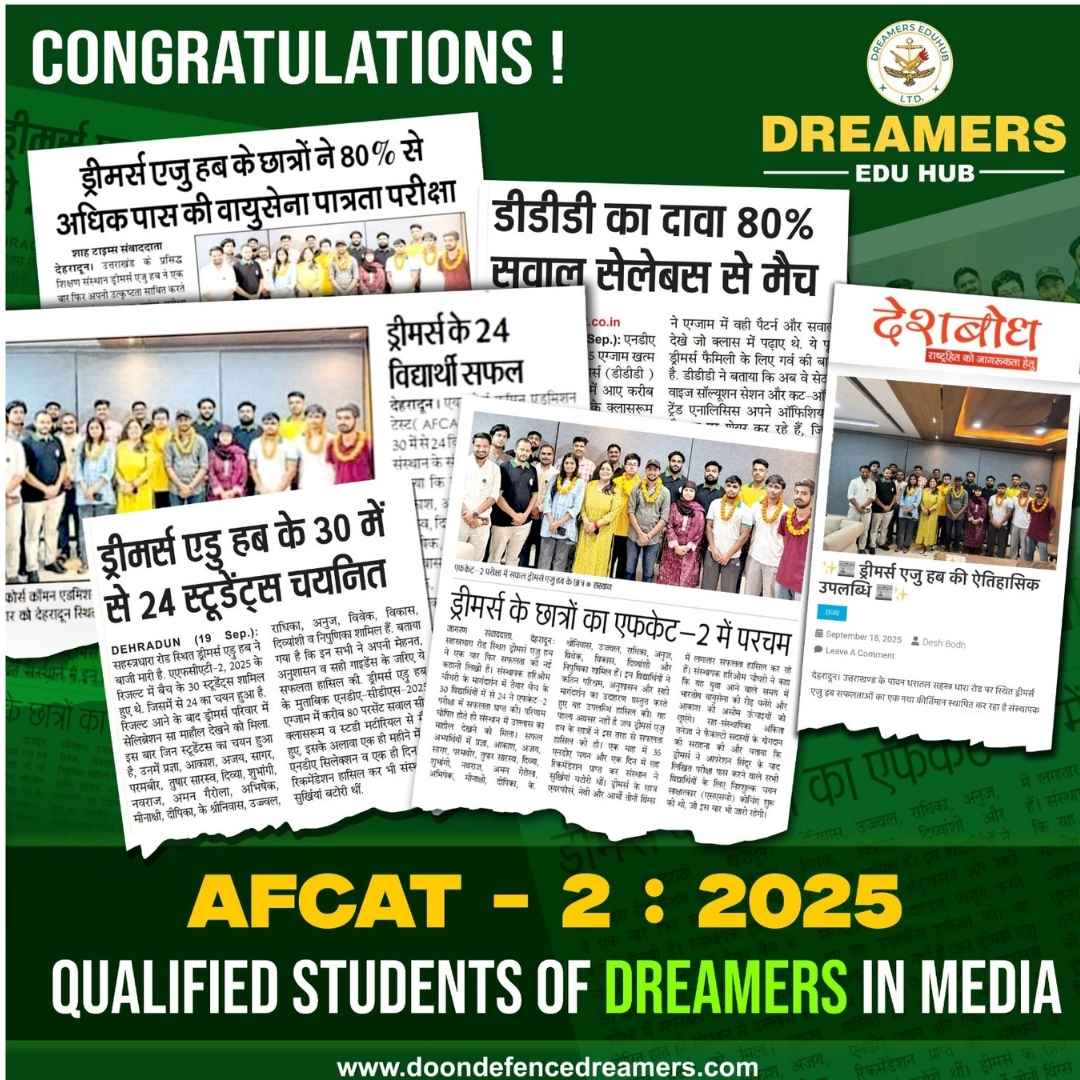
When it comes to cracking AFCAT and performing well in the AFSB interview 2026, the right guidance makes all the difference. Doon Defence Dreamers (the best AFCAT Coaching in Dehradun) is the most trusted defence academy that has a proven record of success in AFCAT, NDA, and CDS selections. With expert faculty, updated study material, regular mock tests, and a strong focus on personality development, they ensure that students are fully prepared for both the written exam and the AFSB.
The academy also provides hostel facilities, physical training, and personalized mentoring to groom you into a future officer. If you are serious about AFCAT 1 2026, then preparing with Doon Defence Dreamers can be your best step towards a career in the Indian Air Force.
Cutoff & Result Timeline (What to Expect)
Official results are posted on the AFCAT portal. Historically, results are published within 3–5 weeks after the exam; download and save your scorecard and answer key as soon as available.
AFSB scheduling typically begins immediately after result publication. Keep notifications ON for your registered email and check your portal frequently.
Frequently Asked Questions (FAQs)?
1) When will AFSB call letters for AFCAT 1 2026 be released and how do I download them?
Call letters are usually uploaded to your AFCAT candidate login a few days to a few weeks after the written result is declared. Log in with your registered credentials, go to the call-letter/AFSB section, download the PDF, and save both a digital copy and a printed copy for the board. Keep checking your registered email and candidate portal regularly for the official notification.
2) How does self-scheduling for AFSB work and how should I pick my date/centre?
When call letters are issued the portal displays available AFSB slots and centres for self-scheduling; you can choose any open date within the portal’s allowed window. Prefer the earliest feasible date that gives you time to prepare, and select a nearby centre if travel or accommodation is a concern. Remember that once confirmed, changing your slot is usually difficult, so plan carefully.
3) Which original documents and copies are mandatory to carry to AFSB?
Bring originals for verification: AFCAT admit card, a valid photo ID, 10th (DOB proof), 12th, and graduation degree/semester mark sheets, plus two attested photocopies of each. Also carry 20 passport-size colour photographs (white background), NCC certificate if applicable, and an NOC if you are serving. Final-year students must carry an authorised principal’s certificate stating expected result date.
4) What is the AFCAT exam pattern and how does it affect AFSB shortlisting?
AFCAT is a 2-hour objective paper covering General Awareness, Verbal Ability, Numerical Ability & Reasoning, and Military Aptitude; technical aspirants may also take the EKT. Shortlisting for AFSB depends mainly on your written score, branch applied for, and vacancy; higher scores improve your chances and preferred slot availability. So focus on accuracy and time management to secure a competitive rank.
5) How should I prepare for the 5-day AFSB and can Doon Defence Dreamers help?
Prepare for psychology tests (TAT/WAT/SRT), GTO exercises (GPE, PGT, command tasks), lecturettes, and personal interview with daily practice and mock boards. Build physical fitness, practice obstacle tasks, and rehearse short, structured stories/examples for interview and PPDT. Doon Defence Dreamers offers integrated AFCAT coaching with free SSB practice — mock PPDTs, GTO drills, and personality sessions — to help convert your written success into final selection.

